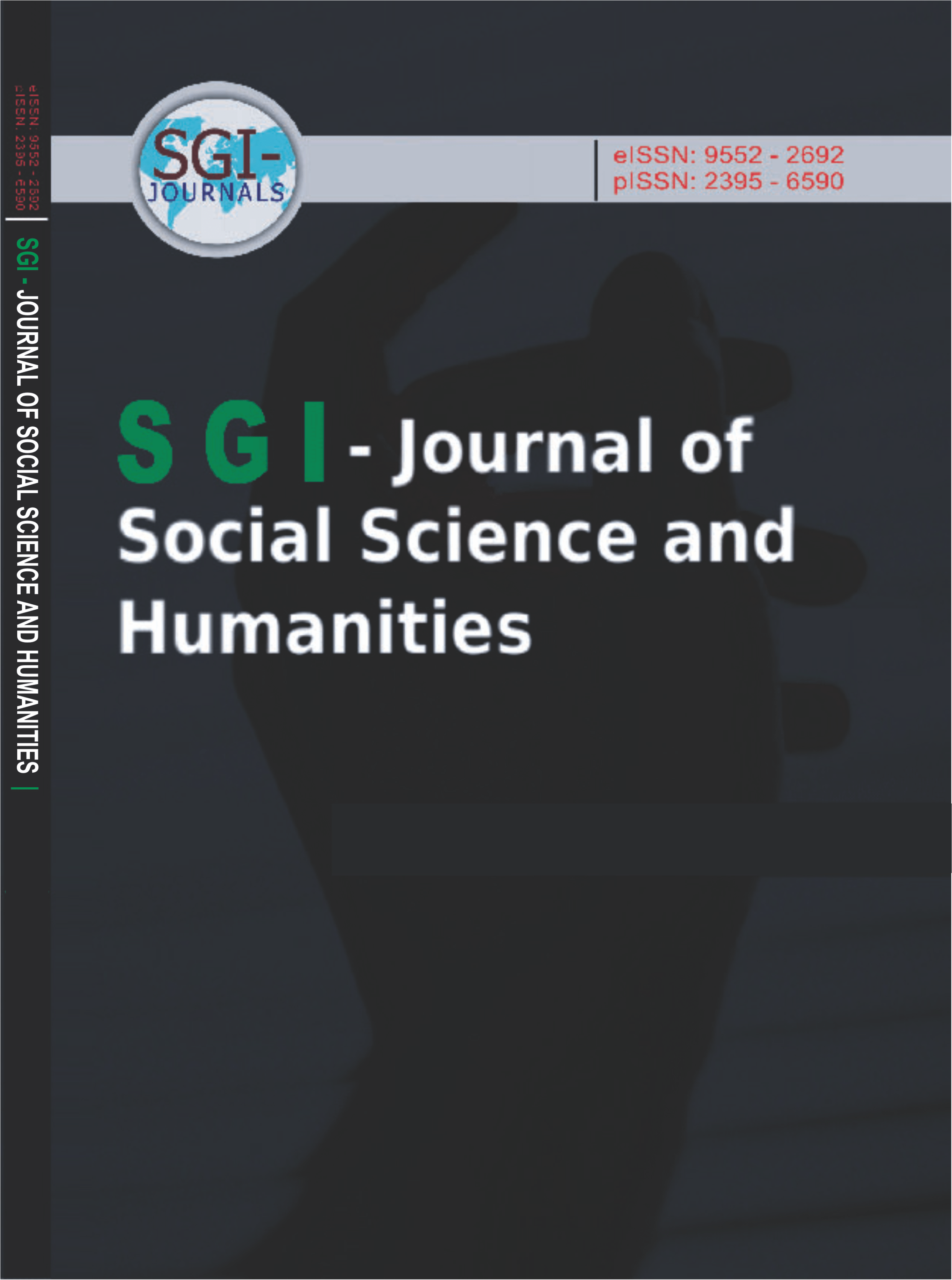SGI-JOURNAL OF SOCIAL SCIENCE AND HUMANITIES (SGI-JSSH)
THE SHIFT OF POWER: ANALYSING THE DECLINE OF USA'S INFLUENCE IN AFRICA IN FAVOUR OF CHINA
E-ISSN: 9552-2692
P-ISSN: 2395-6590
DOI: https://iigdpublishers.com/article/537
In recent years, the African continent has emerged as a key arena in the global power rivalry between the United States and China. This study delves into the shifting power dynamics in Africa, with a focus on the increasing influence of China amidst receding American dominance. The research employs document review to analyze the multifaceted nature of China's engagement in Africa, encompassing trade, infrastructure investments, and diplomacy, establishing China as Africa's primary trading partner. Notably, the Belt and Road Initiative (BRI) plays a pivotal role in reshaping Africa's infrastructure and economic landscape. Conversely, the United States has witnessed a decline in diplomatic presence, foreign aid reductions, and a diminished focus on economic engagement, leading to a decrease in its influence. The outcomes of this evolving dynamic are far-reaching. While Africa stands to benefit from potential economic transformation, concerns regarding debt sustainability and reliance on Chinese support persist. Geopolitically, Africa's strategic significance has triggered competition between China and the U.S., with potential implications for regional security. Moreover, Africa's critical role in global supply chains, particularly in resources such as minerals and energy, amplifies China's influence in global markets. African nations face the challenge of balancing economic growth, sovereignty, and regional stability. To counter China's expanding presence and enhance relations with African countries, the United States should prioritize revitalizing diplomacy, formulating a comprehensive trade policy, emphasizing development assistance, and collaborating on regional security initiatives. Cultivating cultural exchanges and respecting African agency are equally imperative steps in this endeavor.
Patrick Mushitsi & Nay Min San
Ajakaiye, O. (2006). China and Africa: Opportunities and challenges. Retrieved from http://hdl.handle.net/10419/93163
Alden, C. (2017). China and Africa. In Routledge Handbook of African politics (pp. 414–425). Routledge. https://doi.org/10.4324/9781315088563-39
Alden, C., & Alves, C. (2018). History & identity in the construction of China's Africa policy. Review of African political economy, 35(115), 43–58. https://doi.org/10.1080/03056240802011436
Asante, I. K. (2015). Determinants of development effectiveness of the Millennium Development Authority commercial agricultural development project in the Effutu Municipality, Ghana (Doctoral dissertation, University of Cape Coast). Retrieved from http://hdl.handle.net/123456789/3771
Bauer, G. R., Hammond, R., Travers, R., Kaay, M., Hohenadel, K. M., & Boyce, M. (2009). "I do not think this is theoretical; this is our lives": how erasure impacts health care for transgender people. Journal of the Association of Nurses in AIDS Care, 20(5), 348- 361. https://doi.org/10.1016/j.jana.2009.07.004
Bendavid, E., Avila, P., & Miller, G. (2011). United States aid policy and induced abortion in sub-Saharan Africa. Bulletin of the World Health Organization, 89, 873-880c. Retrieved from https://www.scielosp.org/article/bwho/2011.v89n12/873-880c/en/
